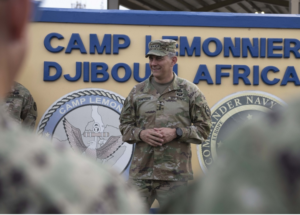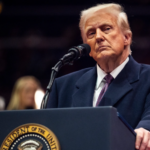
The head of U.S. Africa Command (AFRICOM) spoke on Tuesday of China’s growing influence in the region, specifically citing his concerns with Beijing’s aggressive economic push across the continent and moves to corner the rare Earth mineral market. Army Gen. Stephen Townsend told lawmakers he sees China aiming to expand its basing opportunities in Africa and cited a need for bolstered intelligence, surveillance and reconnaissance (ISR) capabilities in the theater as a result of increasing activity from “global power competitors.”…

 By
By 










